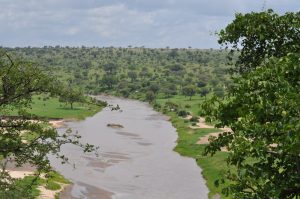WHY we need you in Tanzania
- Rates for completing school are very low- around one third of the population complete primary education, and less than one in ten finish secondary school.
- According to UNICEF, 88% of all Tanzanian children live in multi-dimensional poverty in Tanzanzia (affected in at least 3 areas).
- In 2015, over 600,000 Tanzanian children were suffering from acute malnutrition.
- 49.1% of Tanzanians lived below the poverty line in 2011, thats just $1.90 USD per day.
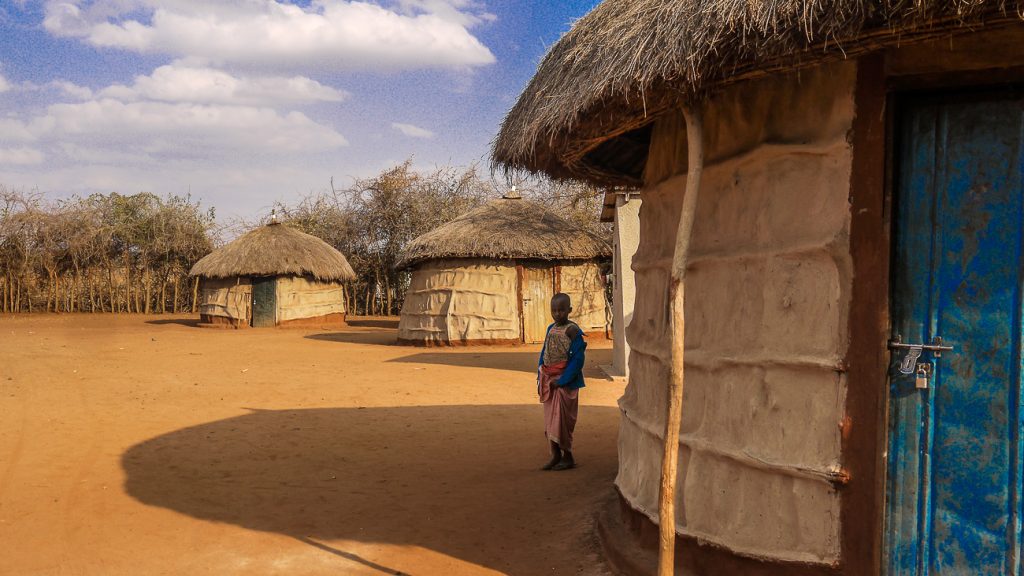
WHAT does Cultural Week Include?
- Get to know your new surroundings and become familier with the local village.
- Take part in Swahili lanuage classes, as well as lessons on local culture and customs.
- Explore the local sights and attractions, such as Arusha's Cultural Heritage Art Gallery & the Monduli mountains.
- Say hello to the local community, stay at a Maasai village and make beadwork with the women there.
WHAT you can do?
- Cultural week is a great chance to become comfortable and familierised with your new home.
- Be introduced to the community and practise your new Swahili language skills!
- Travel around the local area and discover what Tanzania has to offer
- Meet your fellow volunteers and make new life-long friends
Why Involvement Volunteers International?
- Non Profit Organisation & Charity
- Over 30 Years Expertise Globally
- Low Program Fees - From US$295
- Excellent Safety Record, In-Country 24/7 Support & Emergency Assistance
- 1 Application Fee - Multiple Countries
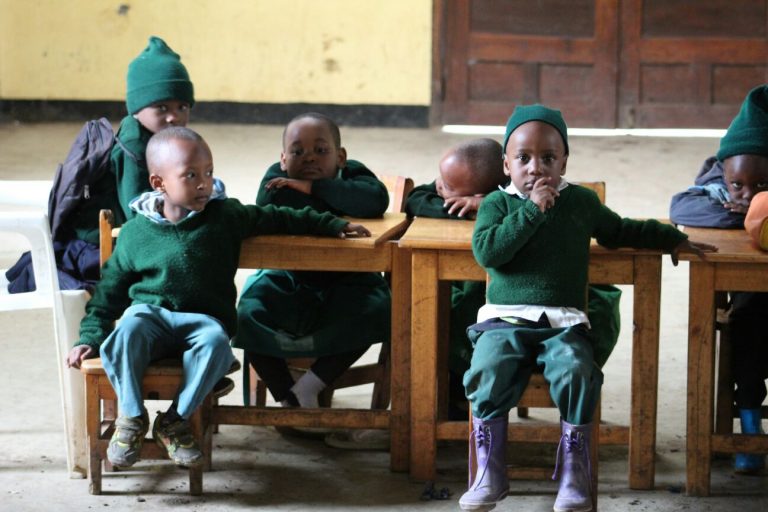
PROJECT NAME: CULTURAL ORIENTATION WEEK
LOCATION: MONDULI, TANZANIA
START DATES: WEEKLY (SAT/SUN ARRIVALS)
ACCOMMODATION: VOLUNTEER HOUSE OR HOMESTAY (SHARED ROOMS)
MIN DURATION: ONE WEEK
MIN AGE: 16+
SPECIAL REQUIREMENTS: N/A
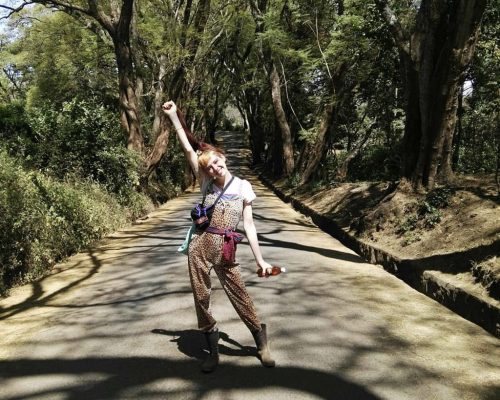
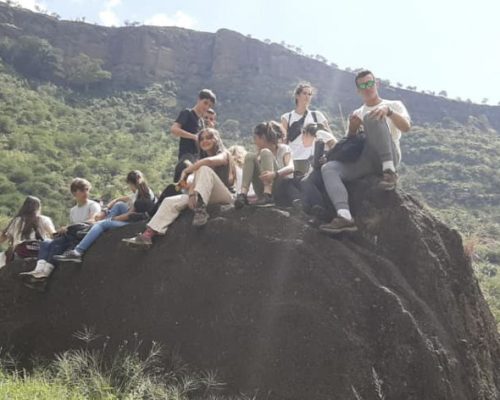
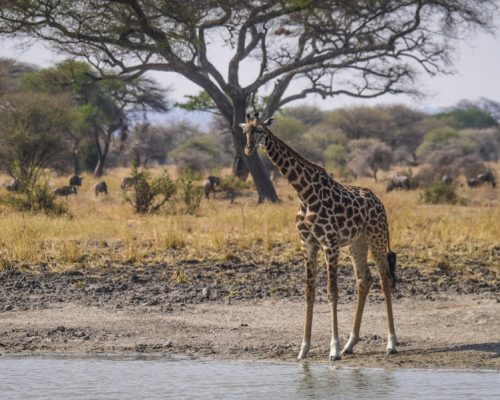
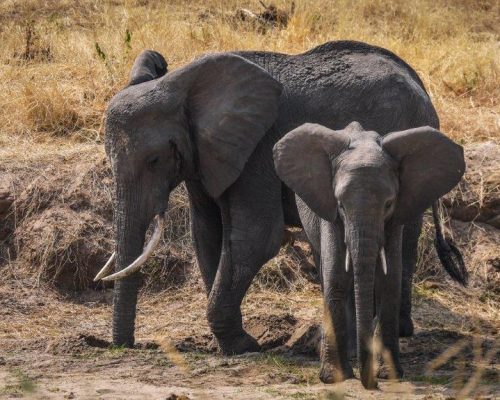
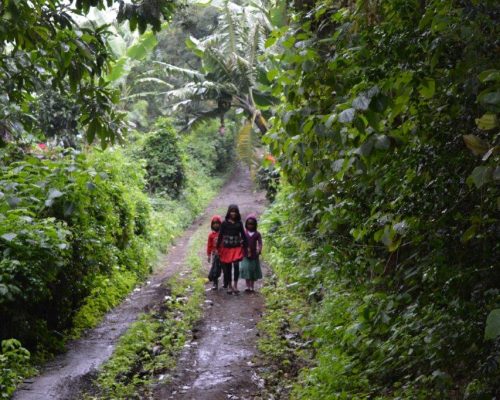
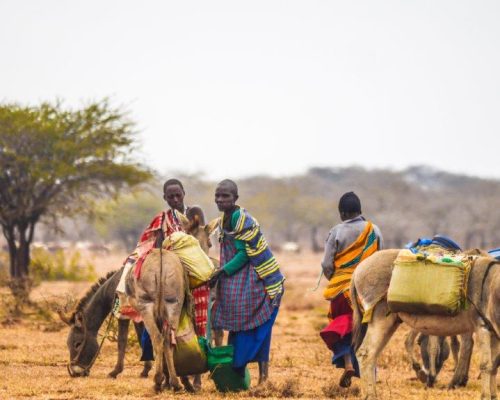
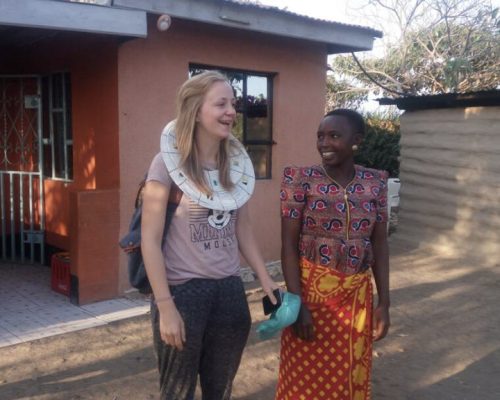
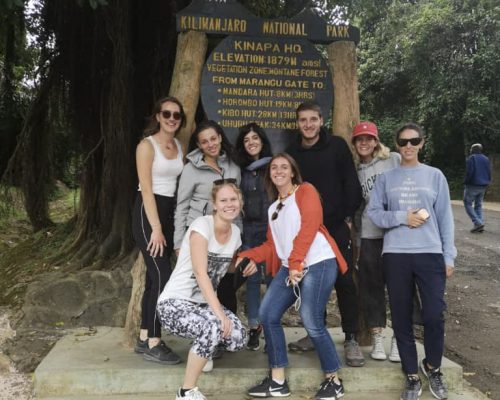
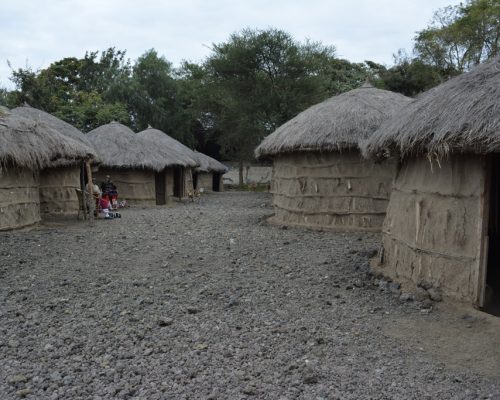
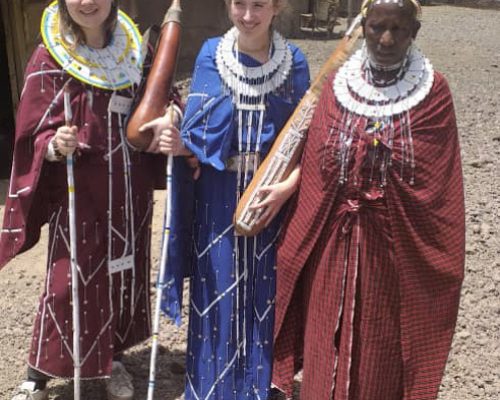
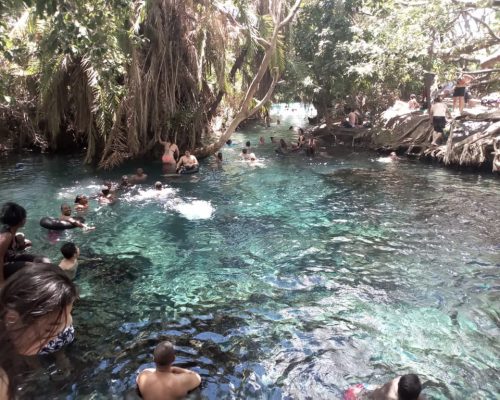
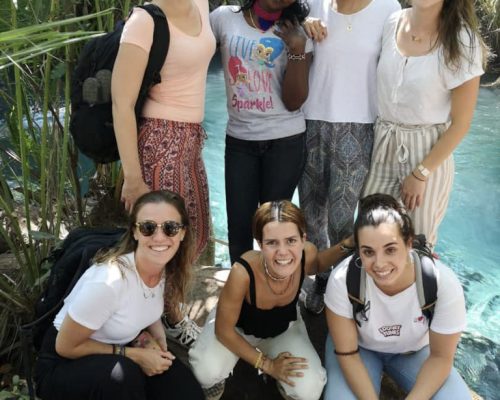
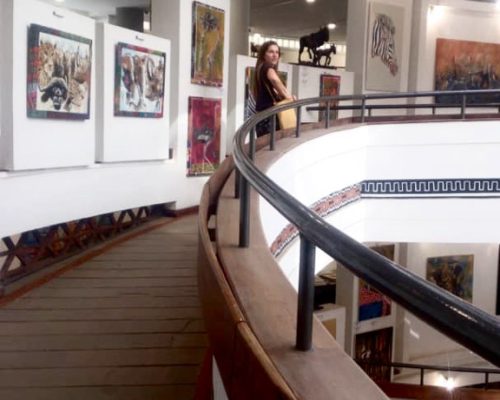
Overview
Volunteer in Tanzania with IVI! Cultural orientation week is designed to give you an insight into local customs, to learn about Tanzania’s rich history and to get to know where you will be living for the next few weeks. Give yourself a head start, getting to grips with the local area before your project starts, making your stay much more comfortable and enjoyable. This is a fantastic way to get a much better understanding of local life.
The Culture Week will be a fun packed week, introducing you to local customs and traditions, cultural do’s and dont’s and Swahili language classes. You’ll also get a truly incredible immersion experience in a Maasai village. You will visit the lovely mountain town of Monduli, which has a rich past and many places to see such as museums, art galleries and monuments, where you can learn more about Tanzania’s past struggle with independence and recent progress. There will be many opportunities to explore the town and enjoy the stunning mountain scenery.
Try a Tanzanian cooking class and get to taste it afterwards! As well cooking your own food, there are many local cafes and restaurants nearby too.
Location
You will be staying in the mountain district of Monduli, which is situated within the Arusha region, in North-Eastern Tanzania. The Monduli district is a great place for visitors to learn how the traditional Maasai people live and to experience an authentic local village. The region is situated between the famous Mt Kilimanjaro and the Serengeti- making it a perfect place to go on a safari or trek in the mountains. Lake Manyara and Mount Meru are also popular attractions to explore in this beautiful region of Tanzania.
Cultural week will…
- Broaden your awareness of Tanzanian customs, history and culture
- Learn useful and helpful Swahili phrases
- Provides a full overview of everything you need to know
Food & Accommodation
You will stay in a volunteer house in Monduli, with 2-6 people sharing a room. There may be modern western-style toilets, but it’s possible that traditional squat-style flush toilets may also be available. Additionally, showers may require water to be heated, often using a bucket-style method. However, we assure you that, despite these differences, the facilities are designed to meet your needs.
The program centre is situated on a vibrant local school campus, surrounded by ample green spaces for you to enjoy and unwind. A spacious garden area provides the perfect spot to relax during the daytime, while clear nights offer a magnificent opportunity for stargazing, with the dazzling Milky Way visible right from this very location.
We highly recommend obtaining a local “Halotel” or “Airtel” SIM card and purchasing a data bundle, ensuring you maintain personal internet access during your stay.
Electricity
Tanzania uses both “Type G” (British Standard) and “Type D” electrical sockets and operates on a voltage of 230 volts at 50 hertz (Hz) rated at 13 amps. It’s essential to bring the appropriate plug adapters or universal travel adapters that support Type D and Type G sockets to ensure you can plug in and use your electronic devices without any issues.
The accommodation is close to shops, small local restaurants, salons, pharmacies, an ATM, and local markets, all within walking distance. In case of medical needs, the well-equipped hospital is also easily accessible on foot. For those seeking a broader range of amenities and activities, the local “dala-dala” area offers minibus services to Arusha, a major city in Tanzania, located just an hour away. Arusha serves as a bustling hub with numerous markets, shops, malls, restaurants, and supermarkets, catering to all your requirements.
You will recieve 3 meals on weekdays and 2 on weekends. The meals are primarily inspired by the delicious flavors of the local cuisine, offering a true taste of the region’s culinary traditions.
Expect the daily meals to feature a delightful array of locally sourced ingredients, such as corn, rice, potatoes, and bananas. There will be some dishes that incorporate beef, goat meat, beans, and nutritious green leafy vegetables.
If you have any specific dietary needs and/or allergies, kindly inform us in advance, and we will ensure that appropriate meals are prepared for you.
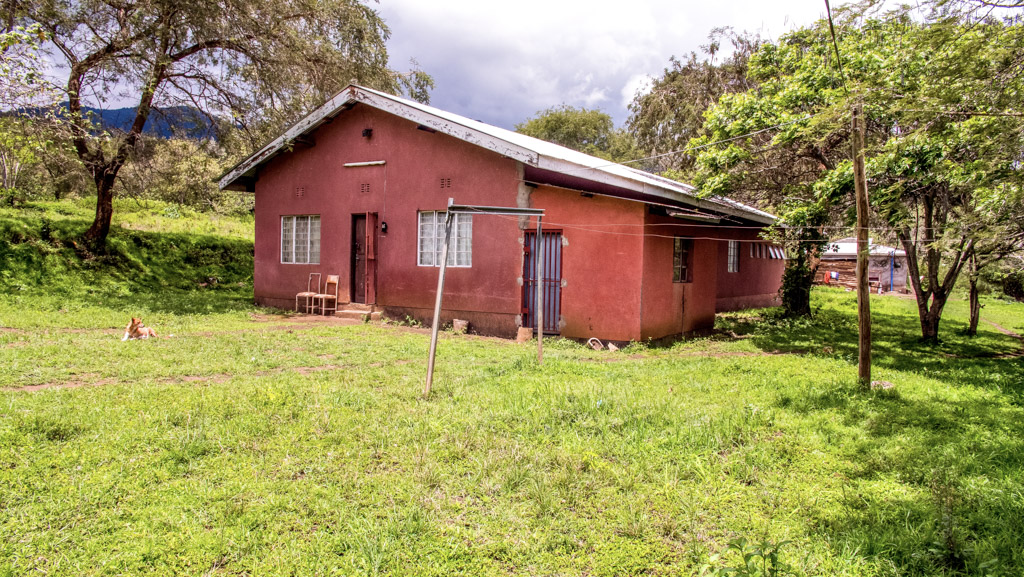
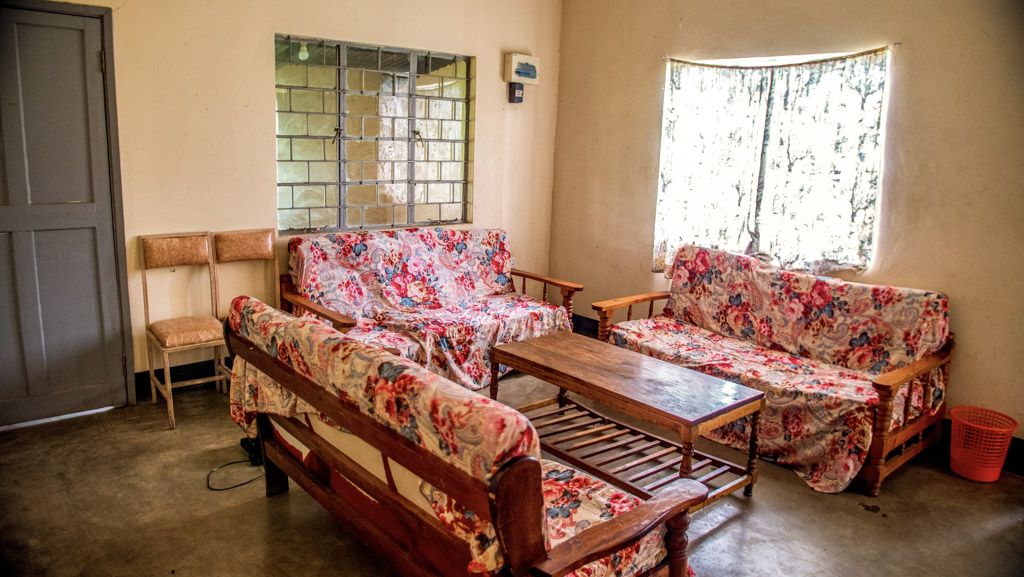
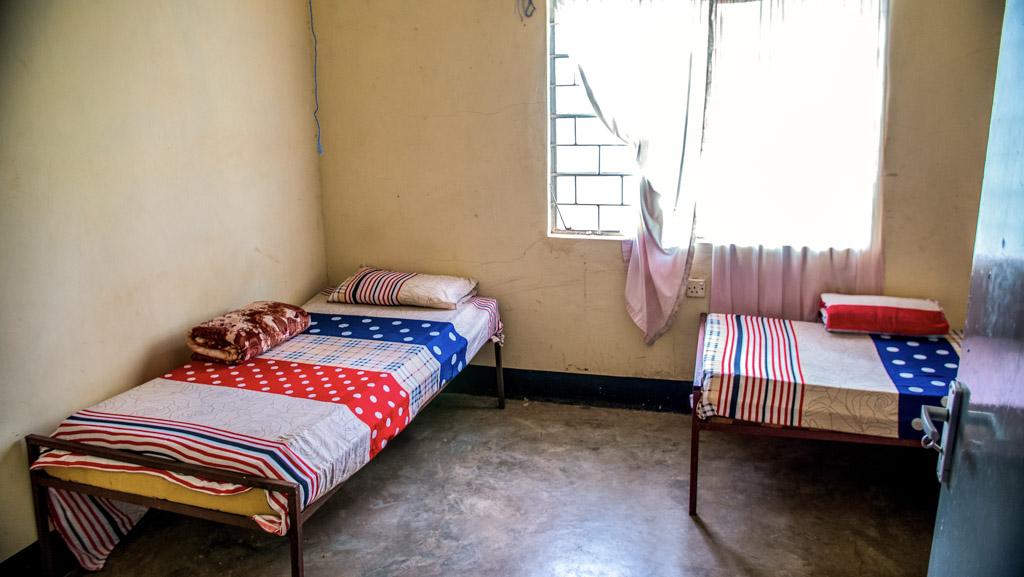
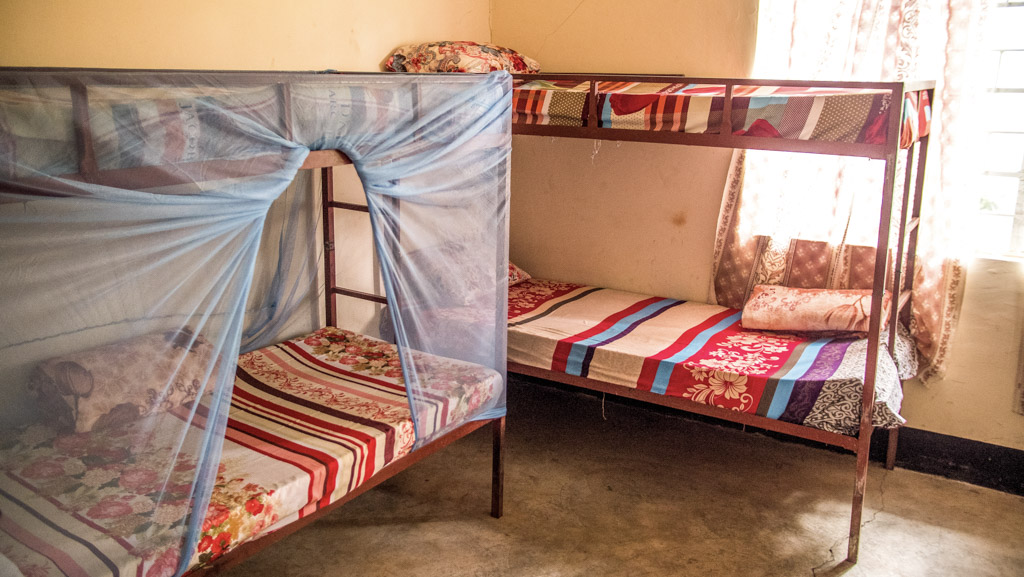
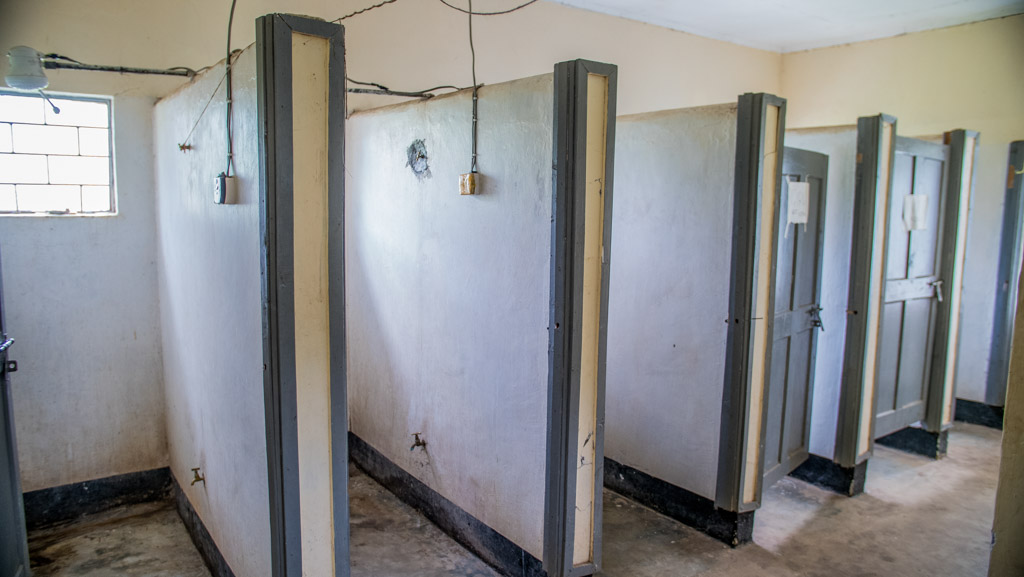
Standard
Projects
- Cultural Orientation Week
- English Teaching
- Environmental Conservation
- Maasai Tribe Community Support
- Maasai Mara Woman's Empowerment
-
1 Week - $395
-
2 Weeks - $445
-
3 Weeks - $665
-
1 Month - $875
-
2 Months - $1775
-
3 Months - $2700
What's Included
-
Accommodation
-
Meals
-
Airport Pickup
-
Local Transportation
-
1 Day Orientation
-
24/7 In-Country Support
-
Project Materials & Equipment
-
Pre-departure Expert Advice
-
Preperation Tools & Checklists
-
Certificate of Completion
- Application fee is one off per person (unlimited placements)
- Click Here to convert the below prices to your local currency
- Discounts may apply if travelling in a pair or group!
- All credit card /international fees included in below pricing! 🙂
FAQ
This week is for anyone wanting to find out more on the local customs, culture and lifestyle and who wants to become immersed in the local life. This is a great opportunity to meet with local tribesmen and stay in their village. It allows you to understand more about how they do things- and this will help you in your project.
Cultural week also allows you to explore the surrounding areas, meet new people, have some fun and become settled in your new home.
- Accommodation
- 3 meals p/day weekdays / 2 meals p/day weekends
- Arrival airport transfer (Sat/Sun arrivals)
- Filtered drinking water, coffee & tea
- 1 day orientation
- Daily transportation to project
- In country 24/7 support & emergency assistance
- Fundraising support
- University course credits (where applicable)
- Certificate of Completion
- Airfares
- Travel Insurance
- Tours, Souvenirs & spending money
- Introduction meeting, General rules, Setting Expectations, Advice on Health and Safety and insuring you have all your documents.
- Tanzanian Do’s and Don’ts, Cultural introduction, learning about Tanzania’s history and Intensive Swahili Language classes.
- Tour around the accommodation and local area. We will show you where to find local amenities and where you can buy a sim-card.
- Lunch
- Hike up to nearby Monduli mountains
Programs begin every Monday, and volunteers are required to arrive the day prior, for orientation before the project. Your accommodation on the Sunday is included in the program fees.
A free airport pickup is included when arriving to Kilimanjaro International Airport (JRO) or Arusha Airport, between 6am to 6pm on Saturday or Sunday. If arriving on Saturday, an extra night is charged.
If arriving outside of the pickup times, we charge an additional fee for any extra night’s accommodation before your program, and another fee for a private transfer.
Alternatively, if arriving early you could wait at the arrival’s terminal for the pickup time, book accommodation at the airport and meet us during the pickup times or make your own way to the project (we will advise on how to do this).
From Kilimanjaro airport to the Monduli accommodation, it takes 2-2.5 hours by car. From Arusha airport to the Monduli accommodation, it takes 40-50 mins by car.
Schedule
Monday
- Breakfast
- Introduction meeting, Accommodation/ house rules, Expectations, Health and Safety Tips and Preparing documents.
- Culture introduction, Tanzanian Do’s and Don’ts, Learn about the country’s past and Intensive Swahili Language Classes.
- Orientation walk around local area; how to get to find local shops, and chance to buy a local a sim-card if necessary.
- Lunch
- Hike up to nearby Monduli mountains
Tuesday
- Breakfast
- Visit Maasai Museum & Snake Park, visit a Handicraft Market
- Lunch
- Trip to a local Maasai Livestock Market
- Tanzanian Cooking class
- Dinner (enjoy what you prepared in your cooking class)
Wednesday
- Breakfast
- Explore the town of Arusha (Cultural Heritage Art Gallery & local craft market)
- Lunch
- Visit Museums & Monuments in Arusha and pick up supplies from the supermarket
- Dinner
Thursday
- Breakfast
- Leave for your Maasai Village Homestay
- Presenting of gift to community elders and for the local community
- Introduction to traditional Maasai culture
- Lunch
- Spend time with the community, your hosts and their children
- Dinner
Friday
- Breakfast
- Bead work lesson with Maasai ladies- they’ll teach you how to make your own jewellery! Or Help Maasai men to herd animals and milk cows
- Immerse yourself in daily community tasks
- Leave for Monduli Centre
- Lunch
- Evaluation meeting and introduction to your placement /or free time
- Dinner
There are many exciting places to explore in the surrounding areas, here are just a few!
Ngorongoro Conservation Area
Home to the Ngorongoro Crater, this stunning area of vast plains, green forests and wild savannahs, sits next to the Serengeti National Park. You will see the highest concentration of animals here from lions, zebra, wildebeest and elephants. The views from the crater are absolutely stunning, with an atmospheric mountain backdrop. This should be at the top of your bucket list for Tanzania!
Serengeti National Park
Another one for your bucket list and a perfect way to spend your weekend off. The Serengeti is home to an abundance of wildlife, including the big 5 (lion, rhino, leopard, buffalo & elephant). You will also find zebra, wildebeest, giraffes, hippos, baboons, hyenas, ostriches and many more incredible animals. The best way to explore is by camping out in the open or in one of the many lodges. The area is huge, and we recommend at least 2 days here.
Tarangire National Park
A quieter park in Northern Tanzania, Tarangire is known for its large population of elephants and the incredible Baobab tree. In dry season you can spot all kinds of amazing animals that congregate to the Tarangire river. Spot anything from zebras, giraffes, buffaloes, elephants, wildebeests and even lions of you’re lucky.
Moshi and Mount Kilimanjaro
Moshi is about a two and half hour drive from Monduli and can be easily reached using a “dala dala” or taxi to Arusha and then changing again onto Moshi from there.
Moshi is a quiet town with several Western cafes and coffee shops. It is also the closest town to the starting point of the Mount Kilimanjaro trek. On a clear day, you can get excellent views of Kilimanjaro right from the roadside (Tip: Moshi Train Station, which is no longer is use, has fantastic views of Africa’s highest mountain, with locals selling drinks and snacks up the top).
Arusha National Park and Mount Meru
Mount Meru is located in Arusha National Park and is the second largest mountain in Tanzania. If you’re looking to Climb Kilimanjaro ,then Mt Meru can be a great acclimatisation trek, taking you through various types of vegetation. There are also scenic trails around the mountain at ground level. Other attractions include Meru Crater, the Jekukumia River, Ngurdoto Crater and the Momelia Lakes which are known to change colour! You might even find wildlife here including giraffes, warthogs, cape buffaloes, lions, elephants, flamingos and more.
Lake Manyara National Park
If you love bird watching, then head to Lake Manyara during the dry season where pink flamingos flock to the vast lake. During wet season see if you can spot the lions, leopards, hippos, giraffes, zebras, elephants, blue monkeys, gazelles and cheetahs roaming the park.
Kikuletwa Hot Springs
A somewhat ‘secret’ pool of clear blue water, situated in between Arusha and Moshi is the Kikuletwa Hot Springs. The water isn’t actually hot but totally refreshing after the dusty drive getting there. Enjoyed by tourists and locals, this is a beautiful spot for relaxing and swimming in the crystal clear water, surrounded by jungle. There’s even a rope swing into the water for more fun and games. If this wasn’t on your list before, it should be now.
Arusha
Just over an hour’s drive from Monduli, Arusha is a large city in Tanzania which has many Western style eateries, a cinema, Maasai markets, shopping malls, supermarkets and a cultural centre. There are a lot of things to do here and a great way to spend your weekend. Close to the Serengeti, Arusha is a popular starting destination for wildlife safari tours.
Hiking Around Monduli
If you’re looking for off the beaten path trails then there’s no better place to look then in Monduli. There are numerous treks, one even takes you to a beautiful waterfall. You will need to ask your local coordinator to arrange certain visits, as the government needs to grant you permission (for a fee) to visit beyond certain spots, this is to conserve the area.
Iringa and Ruaha National Park
If you have the time after finishing your project, Ruaha National Park is a quieter and much less visited place for wildlife viewing. It’s located in Central Tanzania, near the small and quiet town of Iringa (which is a great stop off for visiting Ruaha). The park is actually the largest in Tanzania but less frequently visited by tourists, although visitors are rarely disappointed by its natural beauty. It’s home to cheetahs, the second largest population of Leopards in Africa, buffalos, hippos, and more!
Zanzibar
A little further afield, it is still possible to fly to Zanzibar for a weekend from Arusha (although several days here would be ideal). Zanzibar is known for its sandy white beaches, turquoise water and unique culture. Stone Town is an interesting town, known for its mazes and spices. Other things to do is a visit to Prison Island, where prisoners were once held but is now home to giant tortoises. You can also spot dolphins and try snorkelling off the island. The North and East of Zanzibar have some of the best and cleanest beaches in the world.
Modest clothing is appreciated when walking around the local community and at the projects. This means shoulders and knees covered, particually for women.
Tanzania is a large country in Eastern Africa within the African Great Lakes region. Tanzania is bordered by Kenya and Uganda to the north, Rwanda, Burundi, and the Democratic Republic of the Congo to the west and Zambia, Malawi, and Mozambique to the south. It also sits alongside the beautiful Indian Ocean. Tanzania is home to Mount Kilimanjaro, Africa’s highest mountain, in its north-eastern region. The trek to the top is challenging but provides stunning mountain views. The country is also considered the Safari capital of the world, with incredible wildlife viewing throughout Tanzania, in particular, the Serengeti.
Tanzania is a presidential constitutional republic, and its official capital city has been Dodoma (since 1996). Here you will find the President’s Office, the National Assembly, and other government buildings. Dar es Salaam, the former capital is still the largest city and holds most of the government offices, as well as being the country’s principal port and leading commercial hub.
Climate can vary greatly within Tanzania. Up in the highlands, temperatures range between 10 and 20°C during cold and hot seasons.
The rest of the country is usually pretty consistent, with temperatures rarely falling lower than 20°C. The hottest period months are between November and February (25–31°C) while the cooler months occur between May and August (15–20°C). Tanania can recieve some cooler evenings and mornings, so be sure to bring along something warm to wear.
Tanzania has two major wet seasons: one is uni-modal (October to April) which is experienced in southern, central, and western parts of the country, and the other is bi-modal (October to December and March to May), found in the north from Lake Victoria and up along the east coast.
The Serengeti can be visited throughout the year but is most popular during March to May, due to very little rain. For the wildebeest migration, travel from June to September. And for Zanzibar, this is best visited from June to October, which is dry season.
Tanzania has a large and diverse population, consisting of many different tribles, ethnic communities and religous groups.
Christians and Muslims make up the majority and 2% still practice Traditional African Religion.
incredibly, there are over 100 different languages are spoken in Tanzania, making it the most diverse country in East Africa for language. All four of Africa’s language families are spoken (Bantu, Cushitic, Nilotic, and Khoisan), with Swahili and English being the official languages. Although some locals speak great English, Swahili is predominantly spoken throughout the county.
30 Years Non Profit Experience
IVI is an Australian charity & non profit organisation founded in 1989 and is one of the pioneers of overseas volunteering successfully placing over 20,000 volunteers globally.
Affordable Volunteer Travel
Safe & Responsible Projects
Work Experience & University Credits
Weekends & Extra Tours
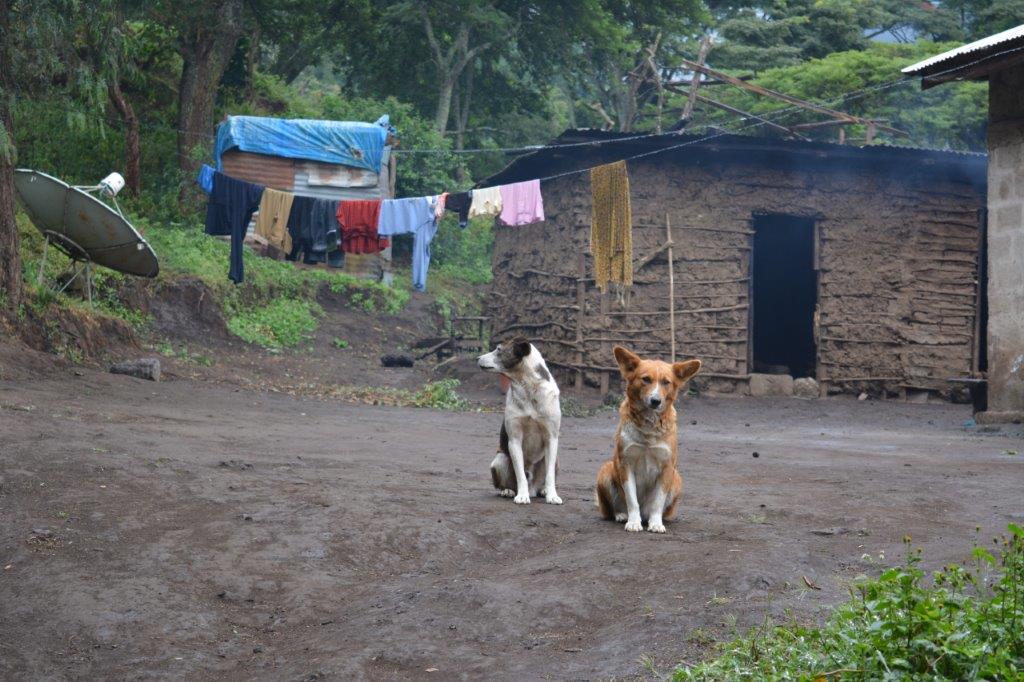
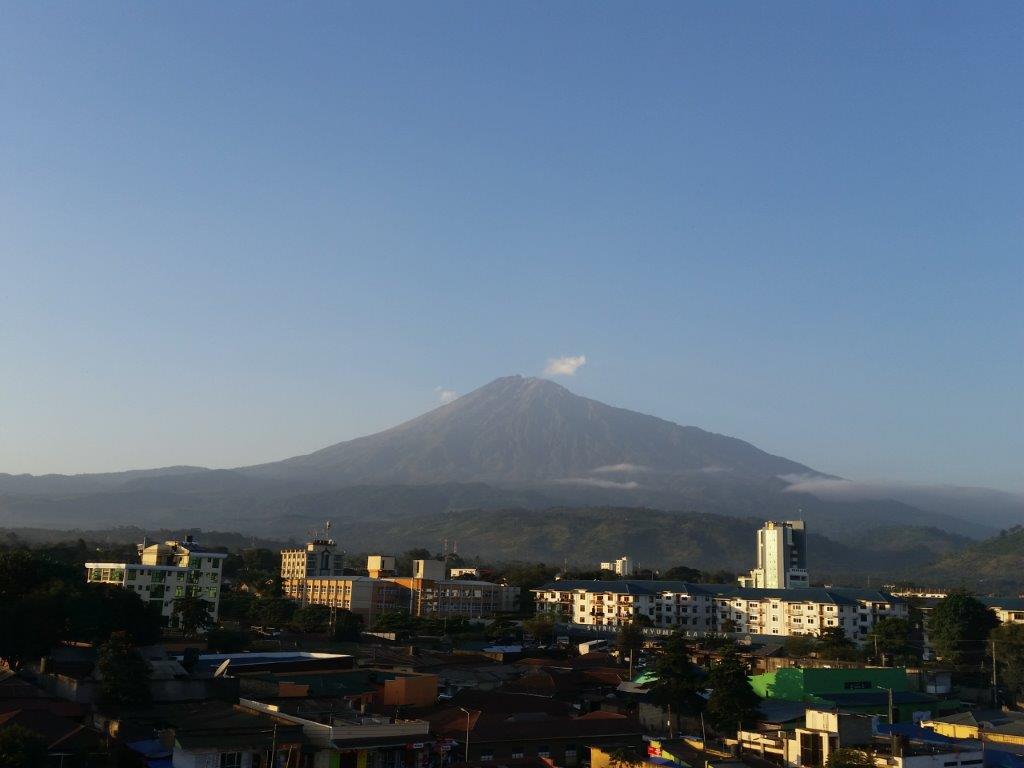
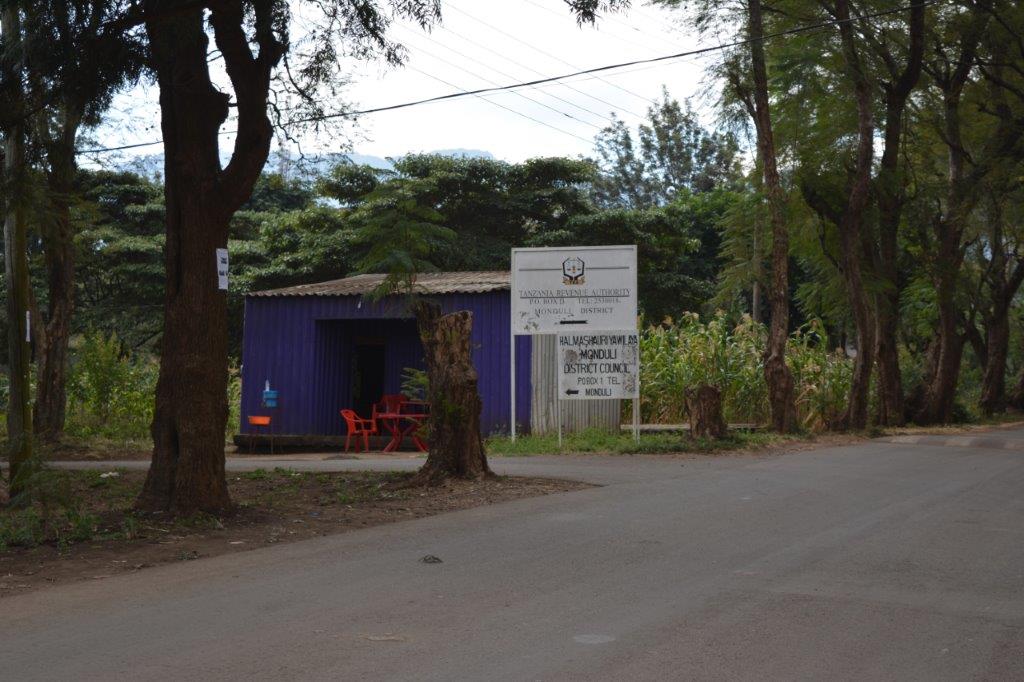
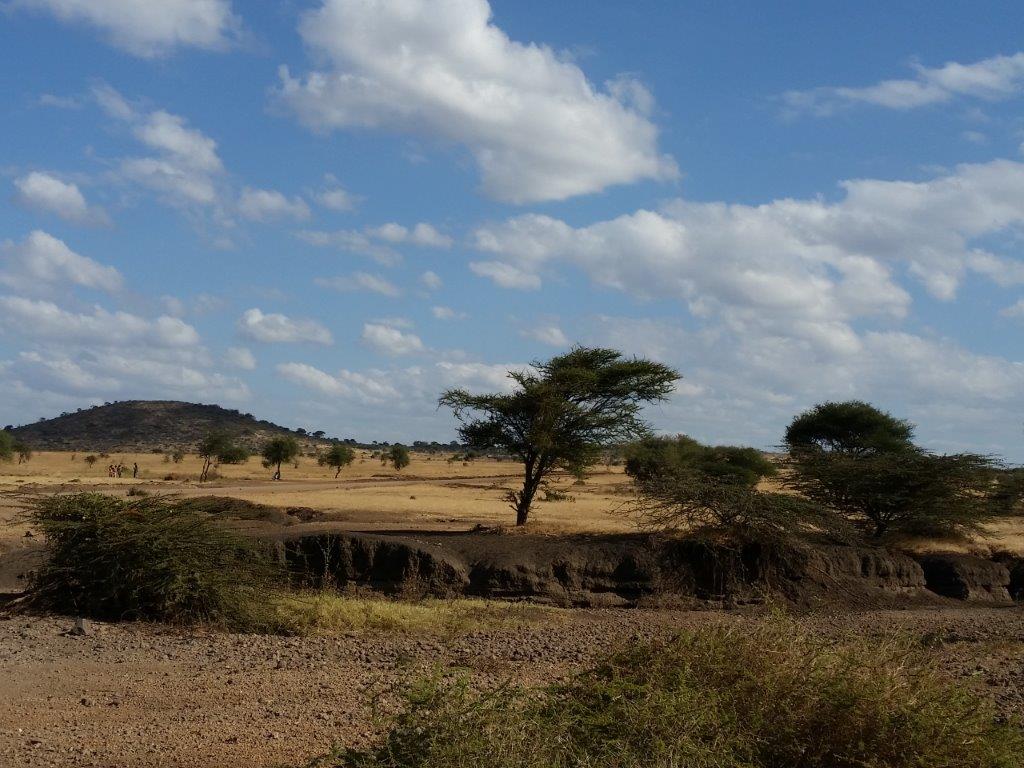
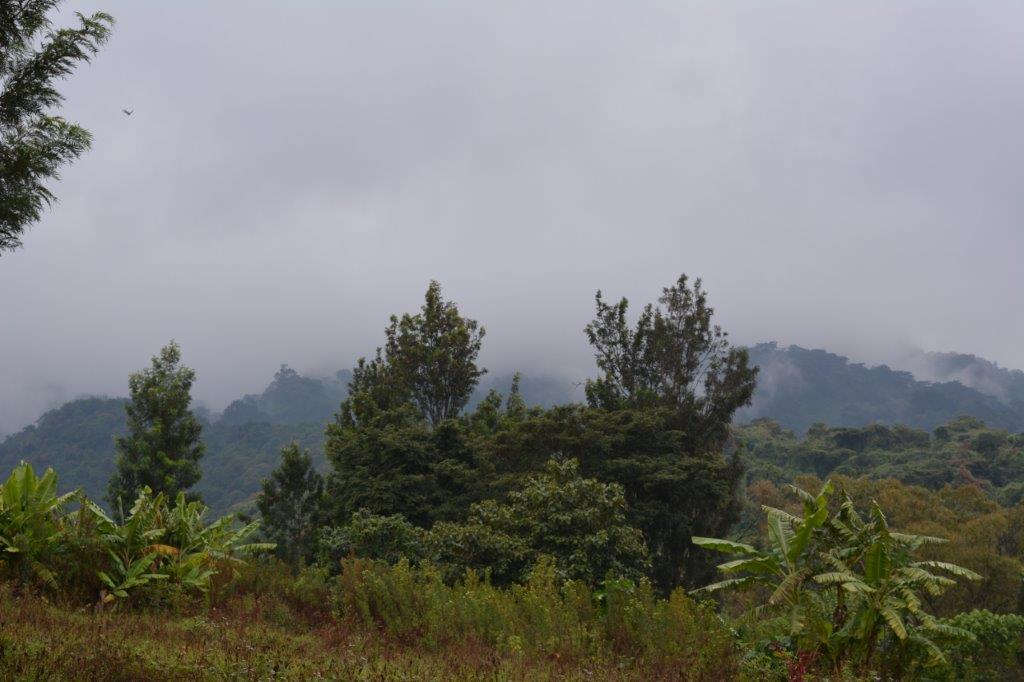
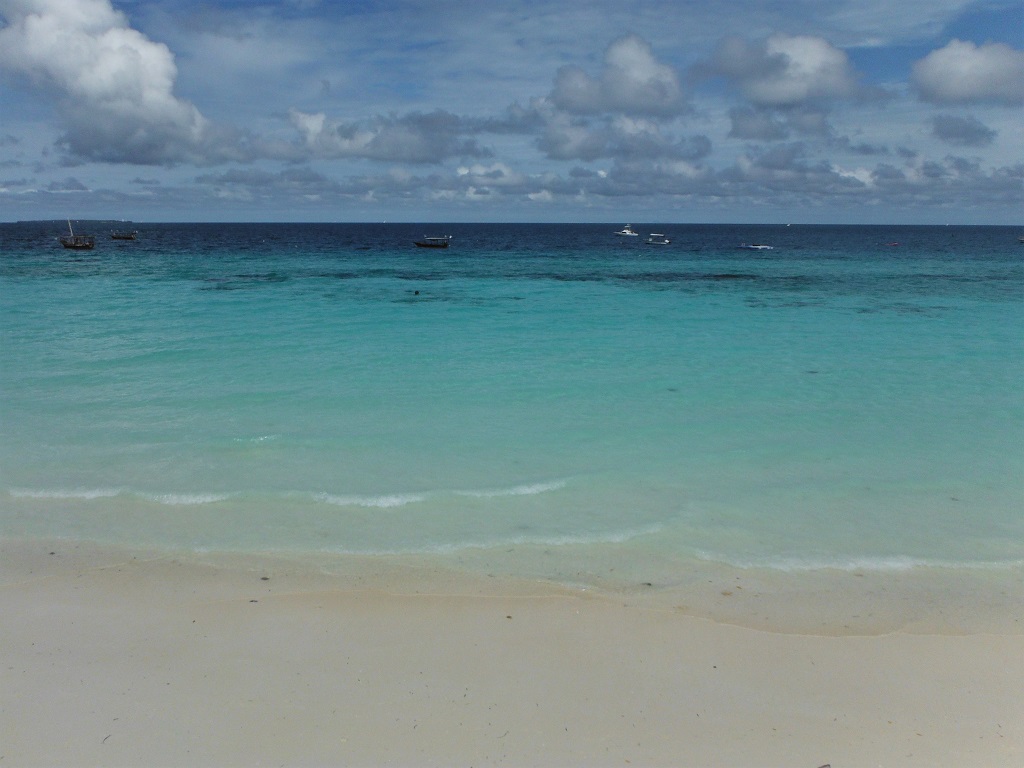
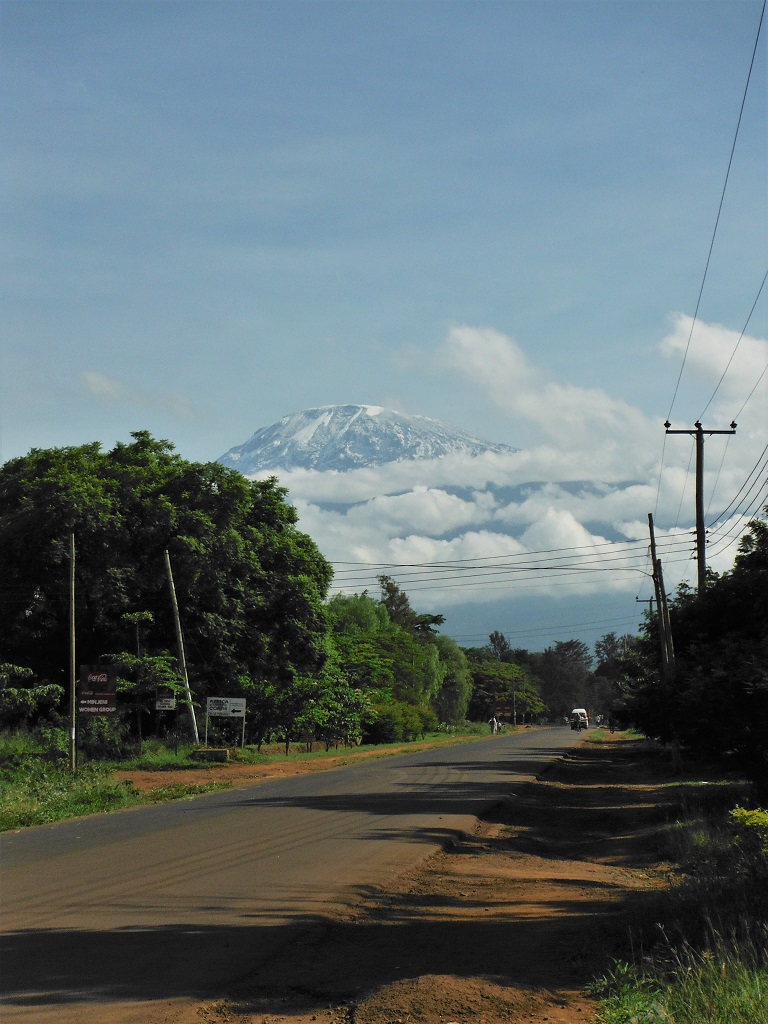
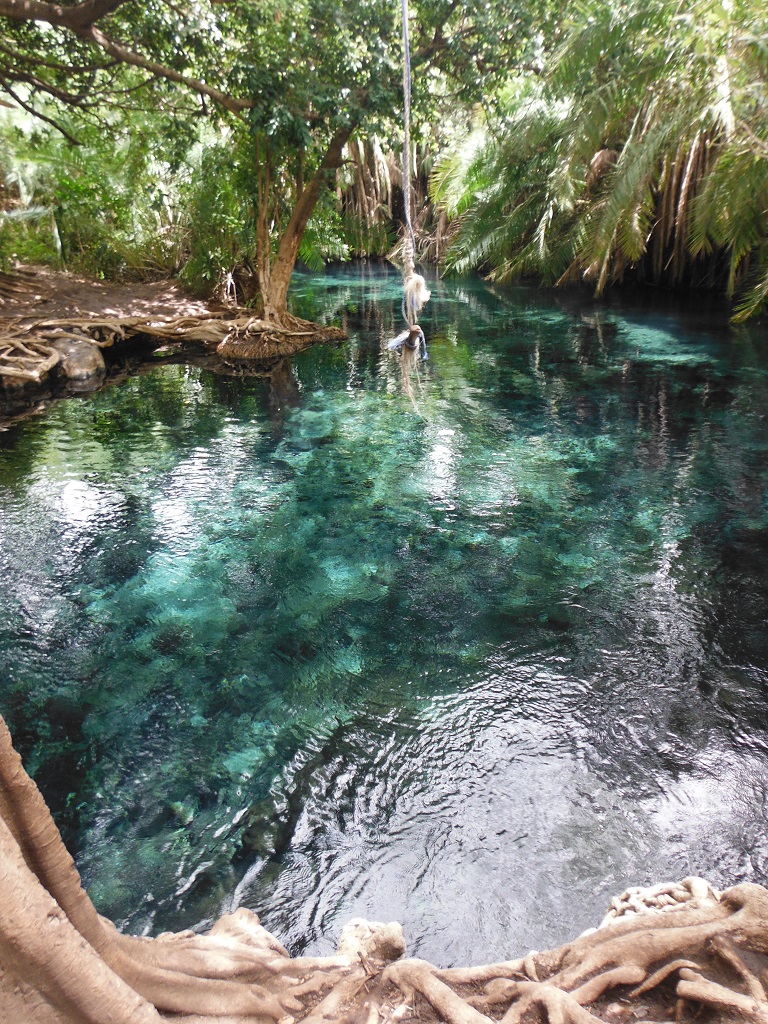
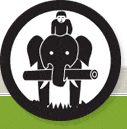 Involvement Volunteers International
Involvement Volunteers International 